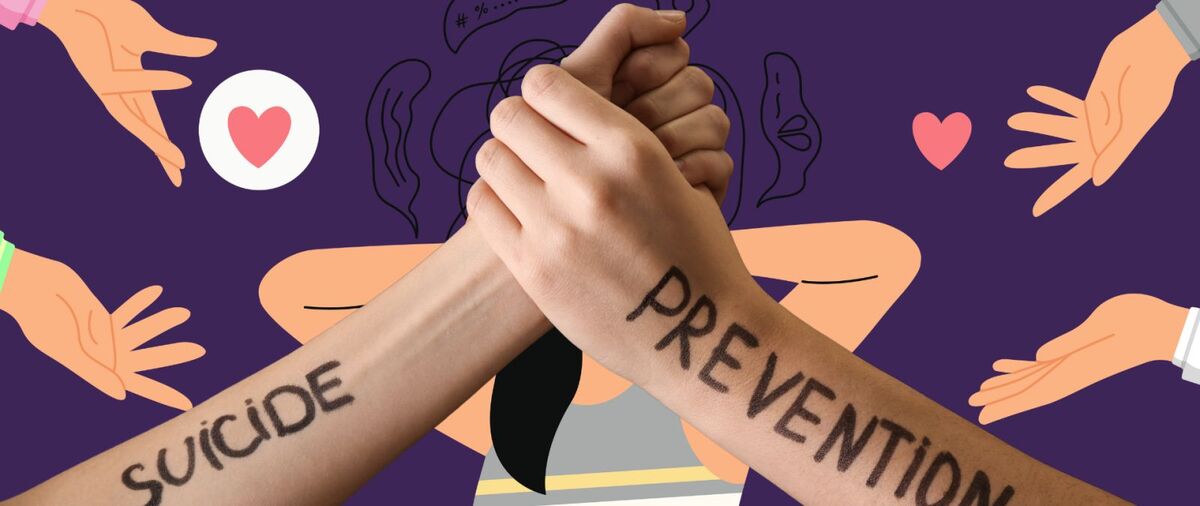SHE-WHO-MUST-NOT-BE-NAMED: AFTER CONTROVERSIAL TWEETS, J.K. ROWLING DRAWS FLAK–AGAIN–FOR ‘TRANSPHOBIC’ BOOK
Let's talk about J.K. Rowling, purveyor of all things pure and magical in our childhood, and that novel that should have just remained in the drafts folder. Can we use The Memory Charm and Obliviate this mess?
A few months after J.K. Rowling’s controversial tweets involving the transgender community, she has launched a new book about a straight man dressing up as a woman to murder other women, and the Internet isn’t having it–why wouldn’t they?
Pegged under the pen name Robert Galbraith, Rowling released thriller Troubled Blood on September 15. After the initial reviews were released by major British publications, many people were quick to point out the novel’s seemingly transphobic nature, with the aspect of abuse on the hands of a cross-dressing man. Giving benefit of the doubt, despite her innocent intentions, this premise plus her earlier dispute with the trans community understandably did not bode well for the novel at all.
In fact, it was torn apart. Mere hours after its initial release, as soon as several people caught wind of Rowling’s newest story venture, #RIPJKRowling immediately trended on Twitter. As the brilliant mind behind the cultural icon that is the Harry Potter franchise, she was already a name that a lot of people, even outside the book community, passionately respected and whose next projects were eagerly anticipated. It’s expected, then, that anything attached to her name would get worldwide attention. That, plus her being under the spotlight for past controversial statements, tremendously amplified the noise surrounding this book.
‘People who menstruate.’ I’m sure there used to be a word for those people. Someone help me out. Wumben? Wimpund? Woomud?
Opinion: Creating a more equal post-COVID-19 world for people who menstruate https://t.co/cVpZxG7gaA
— J.K. Rowling (@jk_rowling) June 6, 2020
If sex isn’t real, there’s no same-sex attraction. If sex isn’t real, the lived reality of women globally is erased. I know and love trans people, but erasing the concept of sex removes the ability of many to meaningfully discuss their lives. It isn’t hate to speak the truth.
— J.K. Rowling (@jk_rowling) June 6, 2020
Rowling’s past tweets regarding sex as a biological indicator, trans-exclusionary radical feminism (TERF, as the Internet calls it), and that “people who menstruate” post, have all aggravated the trans community, as well as its allies, as these statements invalidate their experiences and truths. Several cast mates from the Harry Potter universe responded to these statements back in June, and shown support for the community, while also standing in solidarity with all the fans who felt betrayed by the author’s posts. Daniel Radcliffe, Emma Watson, Rupert Grint, Eddie Redmayne and Bonnie Wright have all shared where they stand on the issue, with the unified statement that “Trans women are women.”
Trans people are who they say they are and deserve to live their lives without being constantly questioned or told they aren’t who they say they are.
— Emma Watson (@EmmaWatson) June 10, 2020
If Harry Potter was a source of love and belonging for you, that love is infinite and there to take without judgment or question. Transwomen are Women. I see and love you, Bonnie x
— Bonnie Wright (@thisisbwright) June 10, 2020
Now, the big issue as to why Troubled Blood has been so negatively received, aside from the problematic claims of its creator, is that it paints a very dangerous picture of a community that already suffers deeply from bigotry, misjudgment, and abuse due to unyielding ignorance. Sure, the “serial killer” trope of a man dressing up as a woman to run amok across the town, and other versions of it, is not something radical and new, and some people might argue that this shouldn’t be that much of a big deal for Rowling either. However, movies like Psycho, Dressed to Kill and Silence of the Lambs, although are horror classics, have already filled this space enough. They were also created decades ago, far from the trans-inclusive society we aim to have today.
In light of how far the LGBTQIA+ community has come to spread awareness and understanding of their realities, this book could take us back by decades, especially when taken at face value. It simply is not enough to say that it’s merely a work of fiction, when so much of Rowling’s work has successfully brought out cultural and societal changes straight out of her books and into the real world throughout the years. This presents an opportunity to do the same, but with more dangerous implications and consequences.
Perhaps this is yet another episode of cancel culture that’s gone too far with the #RIPJKRowling hashtag, but the argument at its core is an important step in fighting stubborn transphobic mindsets in society. And for someone with such a massive platform as J.K. Rowling, it’s even more crucial to demand respectful and inclusive content that, at the very least, does not contribute to the opposite of what we want for society: a safe space for everyone to be who they are.
Finally, if we remove the question on whether or not Rowling is transphobic based on the premise of this particular thriller novel, we can say that it’s simply an incredibly tone-deaf move to publish in the first place.














